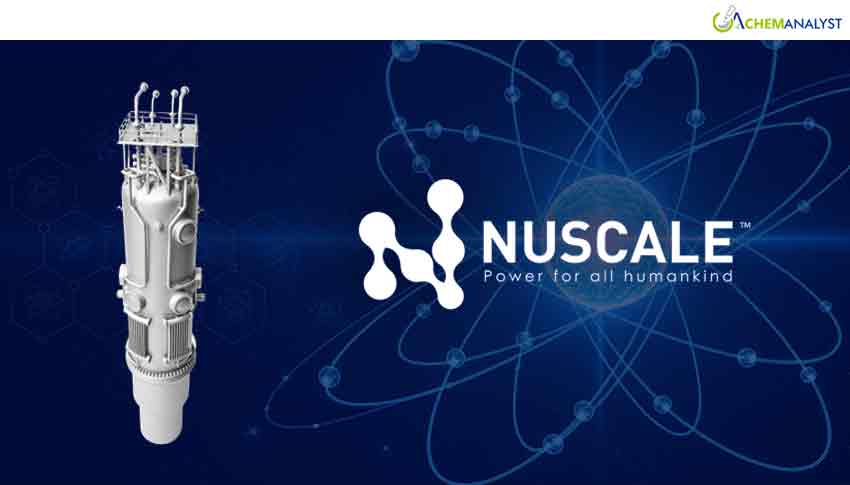Welcome To ChemAnalyst

NuScale Power announces innovative research programs leveraging their Small Modular Reactors (SMRs) to tackle global water scarcity and enable energy-efficient, carbon-free hydrogen production.
NuScale Power Corporation, a leader in advanced small modular reactor (SMR) nuclear technology, has announced significant advancements in their research programs, showcasing an integrated energy system designed to provide both clean water and a highly efficient, carbon-free method for hydrogen production. These breakthroughs, highlighted at the World Petrochemical Conference in March 2025, offer a multi-faceted solution to pressing global challenges like water scarcity and the increasing demand for clean energy.
At the core of NuScale's innovative approach is the coupling of a single NuScale Power Module™ (NPM) with a state-of-the-art reverse osmosis desalination system. This powerful combination has the potential to generate approximately 150 million gallons of clean water per day without any carbon dioxide emissions. Scaling this up, a plant with 12 NPMs could effectively provide desalinated water for a city of 2.3 million residents, while also yielding surplus power to electrify 400,000 homes. This demonstrates the immense potential of SMR technology to meet growing water and energy demands simultaneously and sustainably.
A particularly compelling aspect of NuScale's research is its novel solution to the environmental challenge posed by brine, the byproduct of desalination. Recognizing that traditional desalination processes generate significant quantities of brine, NuScale's research team has developed an innovative approach for hydrogen storage, transport, and production that repurposes this leftover brine as industrial feedstock. This addresses a critical environmental concern while simultaneously opening up new avenues for resource utilization.
To further develop this groundbreaking method, NuScale collaborated with experts at the U.S. Department of Energy’s Pacific Northwest National Laboratory (PNNL). Their joint efforts focused on examining hydrogen production from an inert salt derived from water desalination byproducts, ensuring both safety and ease of transport. What sets NuScale’s hydro-thermal chemical decomposition approach apart is its independence from water electrolysis, a process typically associated with high energy and water consumption. This new method significantly drives down energy and water usage, reduces costs, and is entirely carbon-free when powered by NuScale’s integrated energy systems.
Further underscoring their commitment to advancing integrated energy solutions, NuScale has developed an Integrated Energy System simulator at its headquarters in Corvallis, Oregon. This simulator, capable of operating in High-Temperature Steam Electrolysis Mode for hydrogen production and Fuel Cell Mode for hydrogen power production, enables the company to dynamically evaluate and optimize various configurations. This allows for the efficient design and operation of commercial-scale industrial applications requiring over 200 metric tons of hydrogen per day.
We use cookies to deliver the best possible experience on our website. To learn more, visit our Privacy Policy. By continuing to use this site or by closing this box, you consent to our use of cookies. More info.
